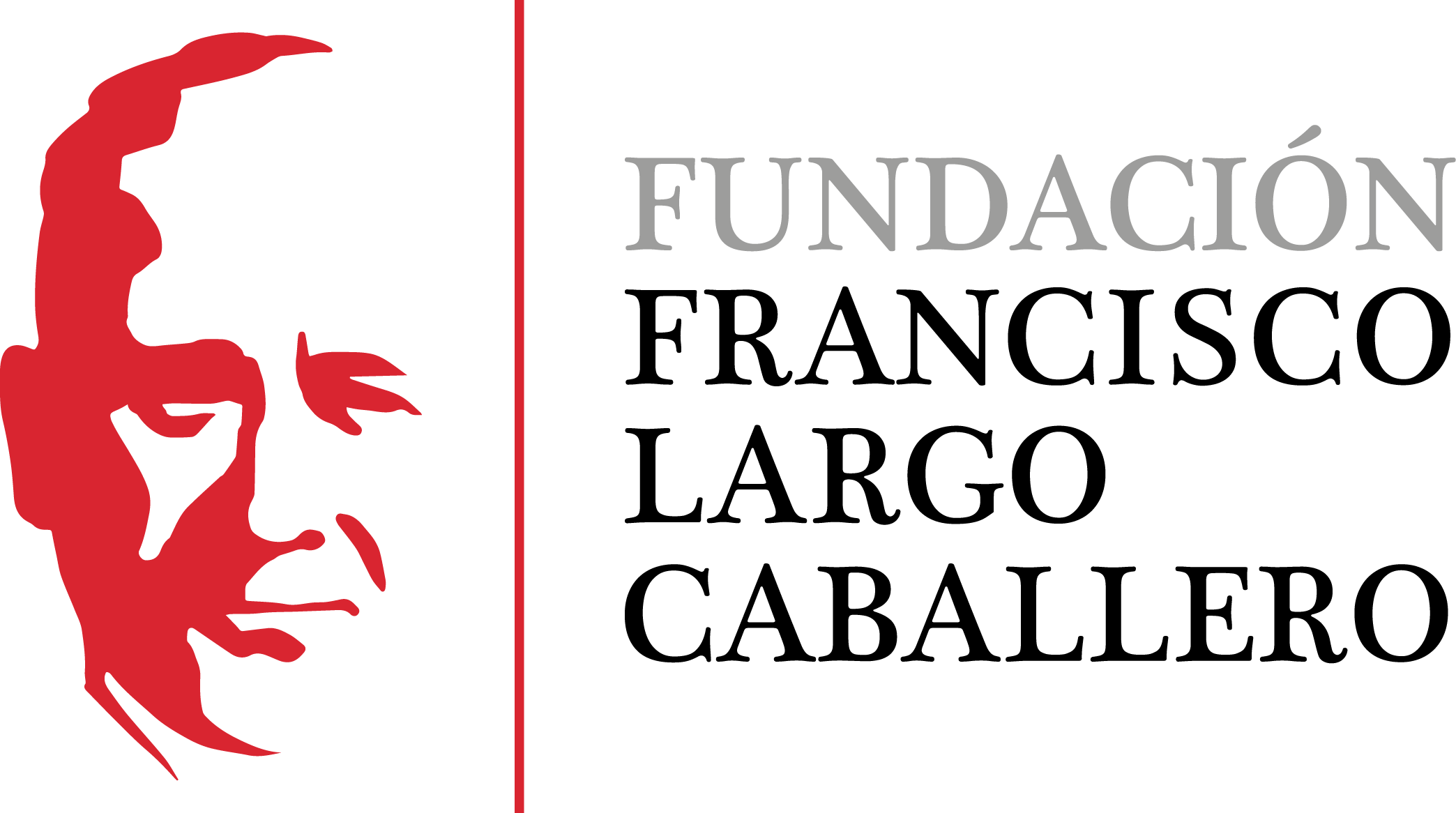When Anti-fascism defeated anti-fascism. Interpretations of the Resistance in the Italian anti-fascist high culture, 1955-1965
DOI:
https://doi.org/10.69791/rahc.171Keywords:
Italy, Resistance, liberation, anti-francoism, communismAbstract
This essay aims to analyze how, between the late fifties and early sixties, a certain reading of the Resistance became hegemonic: an Antifascist reading, with an initial capital letter. The essence of the argument can be summarized as follows: in the fifties the conservative antifascist high culture deals very little with the Resistance, both because it believes that historical research needs some distance from its object and, above all, lest the memory of those years legitimize the Communist Party. The memories of the liberation struggle, therefore, end up being almost exclusively nurtured by the progressive antifascists: communists, socialists and «azionisti». When, after the end of the fifties, because of the mutation of the domestic political balance, the Resistance acquires a new centrality not only for the public opinion but also for the governing parties and political institutions, the conservative high culture pays the price of its silence and lack of interest, and the progressives reap the benefits of more than a decade of intellectual and organizational work.
Downloads
Global Statistics ℹ️
|
87
Views
|
28
Downloads
|
|
115
Total
|
|
Downloads
Published
How to Cite
Issue
Section
License
Copyright (c) 2012 Giovanni Orsina

This work is licensed under a Creative Commons Attribution 4.0 International License.
Alcores is an open-access journal. It provides unrestricted access to its content from the moment of publication. We respect intellectual property rights, and for this reason, the author retains the copyright. All content is distributed under a Creative Commons Attribution 4.0 International (CC BY 4.0) license. The terms of the license can be consulted at: https://creativecommons.org/licenses/by/4.0/
This license allows sharing (copying and redistributing the material in any medium or format) and adapting (remixing, transforming, and building upon the material for any purpose), provided that authorship and first publication in this journal are properly credited, a link to the license is included, and any changes made are indicated.
This type of license facilitates the freedom of reuse and ensures that the content of this journal can be used to meet research needs.









